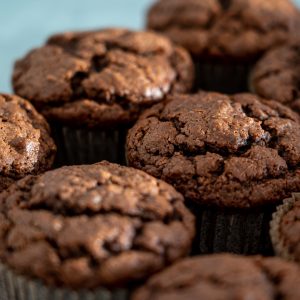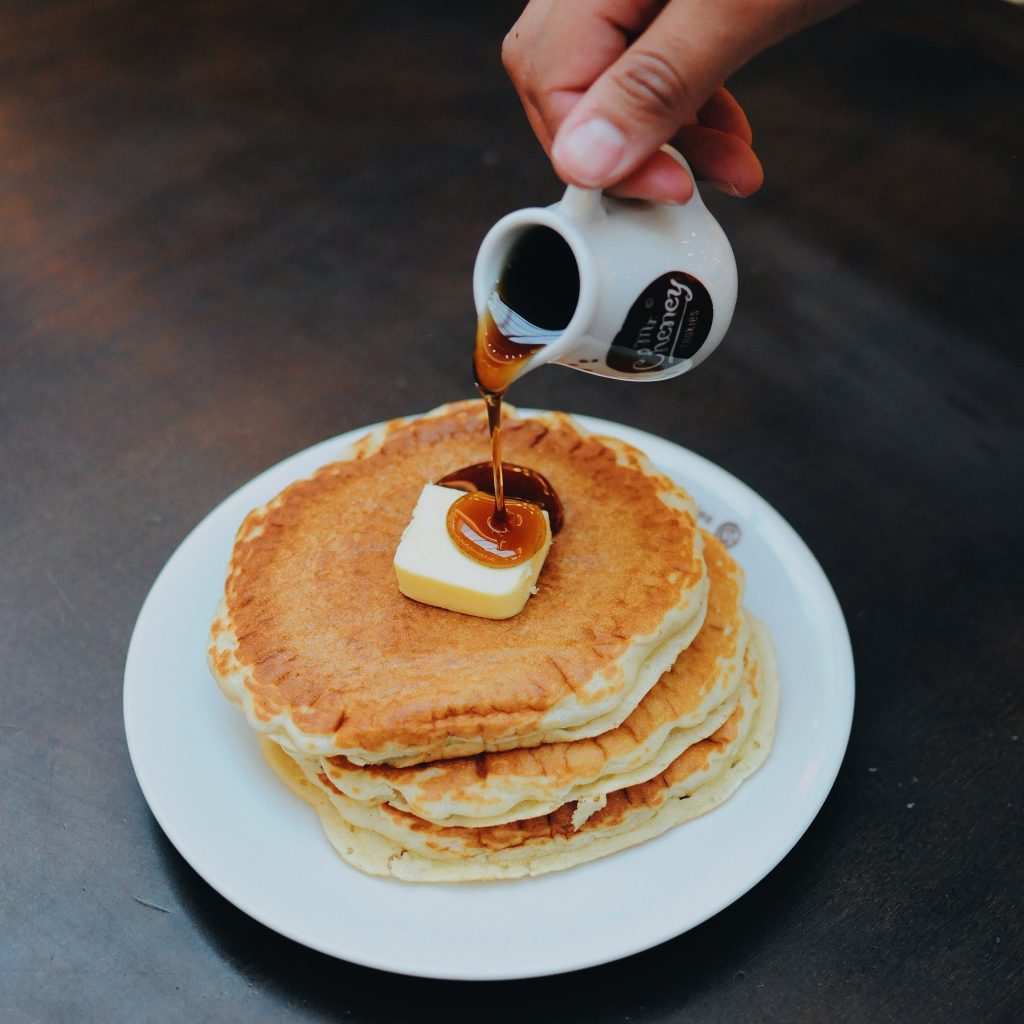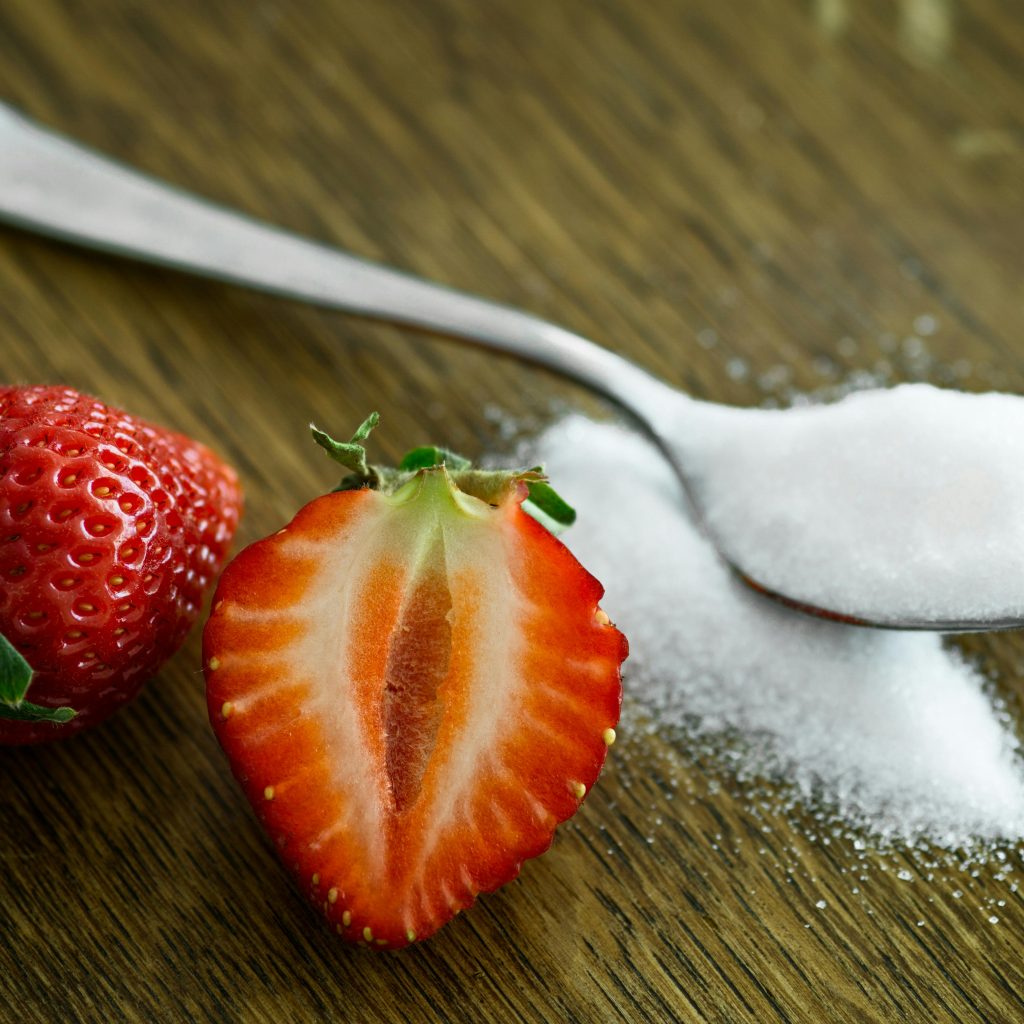Magic Sugar-Free Ingredient or Dance With Danger?
A number of sugar alcohols are used as sugar substitutes in the diet food industry. They have a bulk and sweetness content similar to sugar, and for that reason are sometimes added as bulking ingredients for food recipes. They are also used with artificial sweeteners both to add bulk and to tone down some of the abundance of sweetness.
Sugar alcohols are either sugars nor alcohols. They are carbohydrates similar to sugar but with extra hydrogen molecules and technically belong to a group called polyols. They occur in nature but in low volume. All of the sugar alcohols used in human consumption are manufactured by hydrogenating sugars. They have about half the calories as sugar, and cause little to no glycemic (insulin) response when consumed. They have one peculiar advantage not found in any other sweetener. Because they suppress decay-inducing bacteria in the mouth, they reduce both plaque and tooth decay.
They are considered safe in moderation, less than 15 grams per day. As they can’t be fully digested, they may cause bloating, gas, and diarrhea. Anyone with already existing digestive issues is likely to suffer more profound digestive issues, and should rule out sugar alcohols as a sugar substitute. For all that sounds good so far, there are some downsides. Studies have associated excessive sugar alcohol use with weight gain and actually raising blood glucose levels. There are much more alarming potential issues, which we will cover below.
The most common sugar alcohols are erythritol, xylitol, and mannitol.

Erythritol occurs naturally in some fruits. It is often used as a bulking agent in sugar-free and low-calorie products. Monk fruit extract, one of the newest sweeteners rapidly gaining popularity, is almost always bulked up with erythritol. It has less calories than the other sugar alcohols (table sugar = 4 calories/gram; xylitol = 2.4 calories/gram; erythritol = 0.24 calories/gram). It causes no insulin response. Side effects can be nausea and bloating.
However, multiple studies in 2001, 2021,( https://newsnetwork.mayoclinic.org/discussion/mayo-clinic-q-and-a-is-erythritol-a-safe-and-healthy-sugar-substitute/ ) and 2023 ( https://www.nih.gov/news-events/nih-research-matters/erythritol-cardiovascular-events ) raise the prospect of life-threatening side effects. The connection is not proven to be causal, but indications are that erythritol causes blood platelets to be more sticky. Platelets serve the purpose of rushing to external cuts in order to clot up and stop the bleeding. But the heightened clotting ability here increases the danger of blood clots, which can lead to heart attacks or strokes.
The studies do not indicate that the heightened clotting risk is present even in normal doses of erythritol.
Xylitol is naturally found in many fruits and vegetables. The commercial product is derived from birch tree bark. It has a sweetness about equal to table sugar and is used in gum, candy, and toothpaste. It has no insulin response but can cause bloating and diarrhea.
There is a notable danger. Xylitol is extremely toxic to non-primate mammals. In 2019 the FDA issued a warning to that effect. If you have dogs, cats, or other house pets, and there is the slightest risk that they can ingest any of your people-food, you should never have this in your house. They can get it from licking the wrappers of your xylitol-laced gums and candies that might be left on the table or in the trash.
Unlike humans, the animal’s system interprets this substance as glucose, and will generate a large insulin response . The influx of insulin, in turn, carries most or all the blood glucose into the cells, causing hypoglycemia and potentially liver damage. A substantial dose will cause death to your pet.
Mannitol has 60-70% of the sweetness of sucrose. It is used in sugar-free products and as a food coating. Bloating is listed as a side effect. Mannitol has a medical application as a diuretic injection, but do not be concerned with that, as it is a scale of dosage not comparable to consumption in dietary products.
Conclusion
Our goal is for you to know all the good and bad , and you make your choices accordingly. Sugar alcohols seem to come with more potential downside than the other sugar substitutes.


